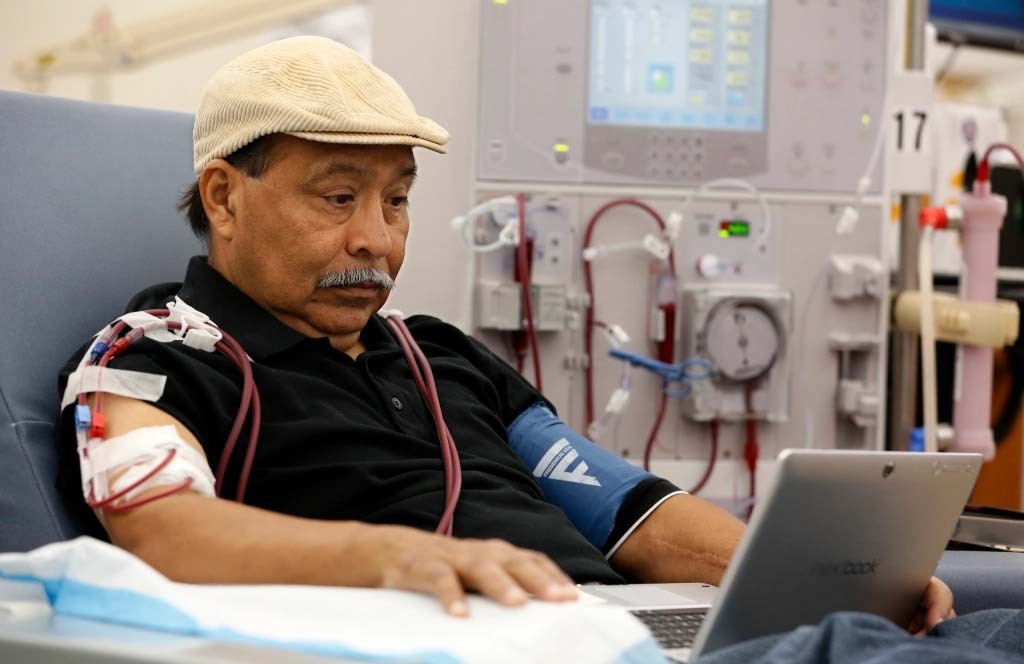Notifications
 News Staff
News Staff![]() -
October 2, 2022 -
Politics -
Prop 29
-
1.3K views -
0 Comments -
0 Likes -
0 Reviews
-
October 2, 2022 -
Politics -
Prop 29
-
1.3K views -
0 Comments -
0 Likes -
0 Reviews

DLNews Health:
Proposition 29 is a ballot initiative that would mandate the presence of a physician, nurse practitioner, or physician assistant at outpatient dialysis clinics. It protects consumers from anti-consumer billing practices and patients' health. However, it has faced many critics and has been opposed by many advocacy groups, including the American Academy of Nephrology, the California Nurses Association, and the California Medical Association. Union leaders have countered that the initiative has nothing to do with their organizing efforts and that the labor movement should focus on real threats to patient health.

The California State Legislature is considering the legislation. Proposition 29 would require physicians, nurse practitioners, or physician assistants to be on-site at dialysis clinics throughout the treatment process. In addition to the physician-on-site requirement, Proposition 29 would also require clinics to report infections to the state every three months. Additionally, the legislation would require facilities to disclose their names and ownership to the state, making it illegal for a dialysis clinic to discriminate against patients based on their insurance coverage.
As of this writing, 44 state Action Coalitions have been working to remove scope-of-practice barriers. As a result, eight states have approved full practice authority for nurse practitioners. The bill has the support of several professional organizations and health insurers but has been opposed by the California Medical Association.
It would require a physician, nurse practitioner, or physician assistant to be on-site during treatment.
Proponents of Proposition 29 say that a physician's presence on-site at a dialysis clinic will help patients receive better care. While the idea is noble, it's hard to back up this claim with evidence. For one thing, no other state requires dialysis clinics to have a medical doctor on site. In addition, the Centers for Medicare & Medicaid Services (CMS) doesn't need it either. Further, the State Department of Public Health regulates dialysis centers and has determined that the current arrangement is not harmful to patients.
As for the costs involved, Proposition 29 would cost taxpayers tens of millions of dollars per year. These additional costs would be passed on to patients and Medi-Cal. If a dialysis center cannot meet these costs, they may try to negotiate with payers for a higher rate.

Share this page with your family and friends.